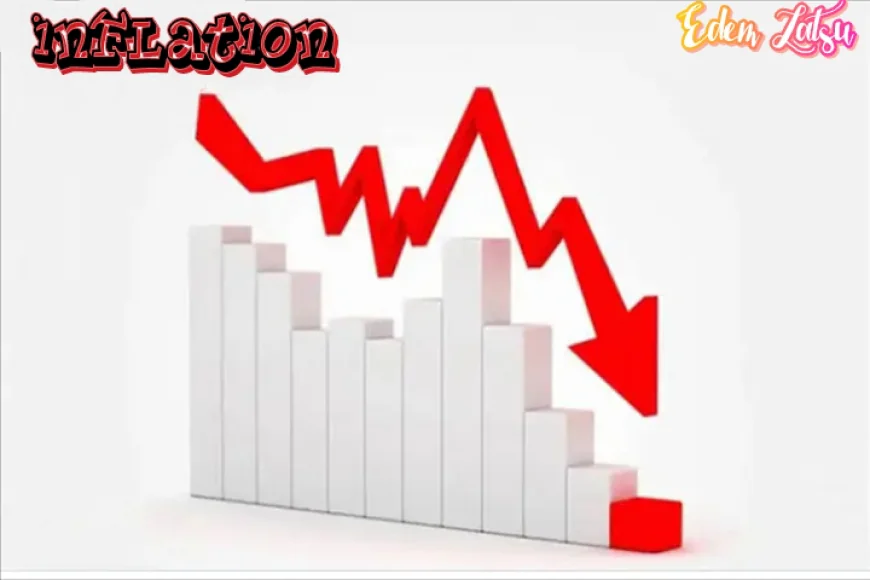Ghana’s Producer Price Inflation Falls to 10.2% in May 2025, Lowest Since November 2023
Ghana’s PPI drops sharply to 10.2% in May 2025 from 18.5% in April, driven by mining and manufacturing. The decline signals easing inflation and renewed economic stability.

Ghana’s Producer Price Inflation (PPI) recorded a significant drop in May 2025, falling to 10.2% from 18.5% in April—the lowest level since November 2023, according to the Ghana Statistical Service (GSS). The 8.3 percentage point decline reflects a substantial reduction in year-on-year ex-factory prices for goods and services.
The development signals easing inflationary pressures in the production sector and brings renewed optimism for economic stability and policy flexibility.
Key Sectors Behind the Drop
The GSS identified the Mining and Quarrying sector as the largest contributor to the decline, accounting for 10.6 percentage points of the reduction. The Manufacturing sector also played a key role, contributing 9.5 percentage points to the overall drop.
Together, these two sectors were responsible for 78.7% of the total decline in PPI, underscoring their central importance in Ghana’s industrial landscape and pricing trends.
A Window for Growth and Confidence
The GSS emphasized that the decline in producer inflation presents a strategic opportunity for price stability and renewed confidence in the economy.
“The overall outlook appears optimistic as most sectors are seeing price stability or declines,” the GSS noted.
It added that monitoring these price trends will support evidence-based decisions for businesses, consumers, and policymakers alike.
Business Outlook: Rethink, Reinvest, Renegotiate
The GSS issued guidance for businesses navigating this new inflation landscape:
-
Review cost structures and adjust pricing models to maintain competitiveness amid reduced input costs.
-
Restart delayed investments and consider expanding operations given improved price predictability.
-
Renegotiate financing terms with banks or investors, leveraging the lower producer inflation as a basis for better deals.
Government Urged to Fast-Track Reforms
The GSS called on the government to accelerate key reforms that could lock in gains from the PPI decline:
-
Advance the Gold Board initiative to boost local value addition and support cedi stability.
-
Scale up the Agriculture for Transformation Agenda to strengthen food security and reduce import dependence.
-
Utilize sector-level PPI insights to guide trade, pricing, and monetary policies more effectively.
Advice to Consumers and Households
The GSS also offered practical tips for households seeking to maximize the benefits of reduced inflation:
-
Increase savings now that inflation is slowing.
-
Avoid panic buying and hoarding, as price trends are stabilizing.
-
Practice smart shopping by comparing prices and avoiding unnecessary expenses.
Positive Signals for Ghana’s Economic Trajectory
The steep drop in producer price inflation is being seen as a positive turning point for Ghana’s economy. It offers breathing space for both the public and private sectors, opens the door for renewed investments, and strengthens the case for long-term economic reforms rooted in data-driven decisions.
As inflationary pressures continue to ease, the GSS’s report is expected to influence monetary policy, budget planning, and consumer behavior in the months ahead.


